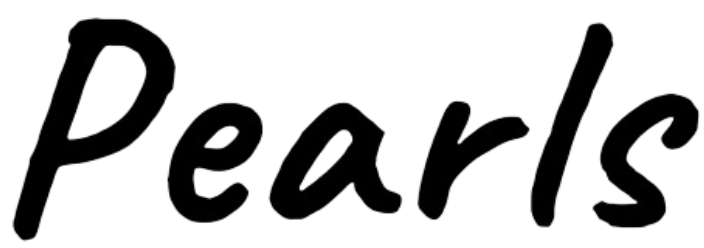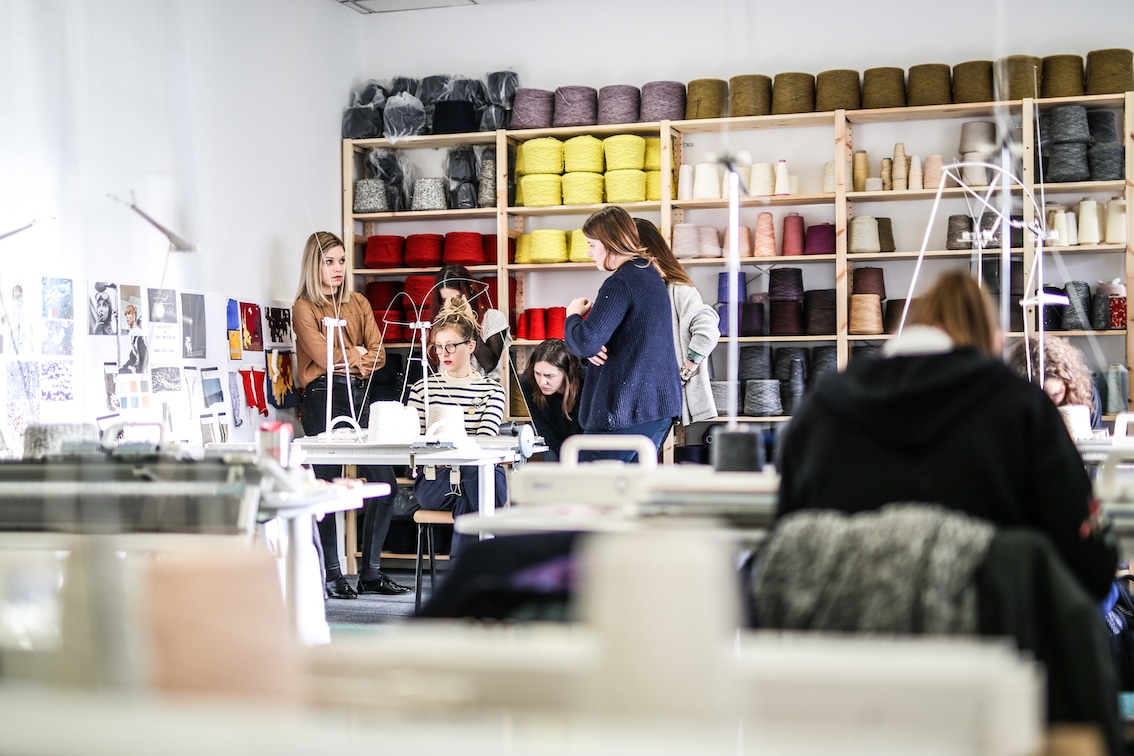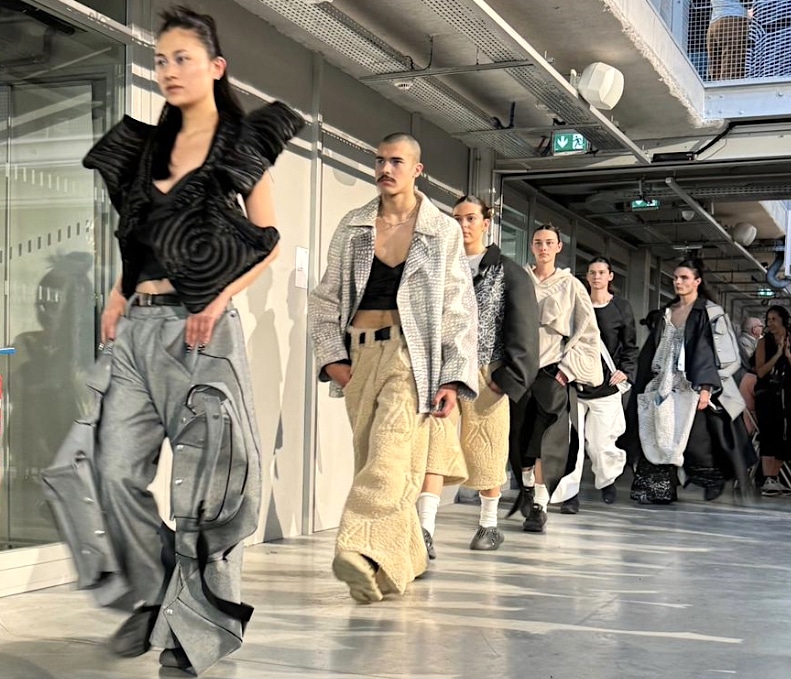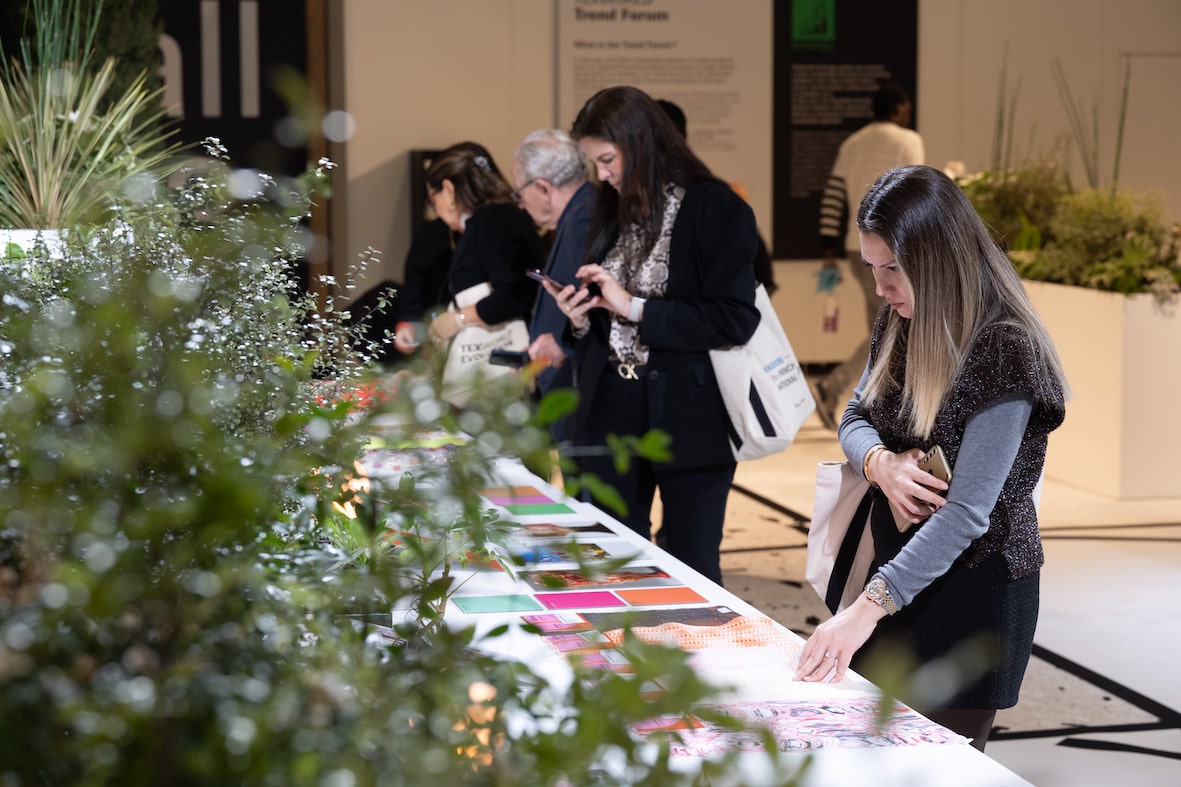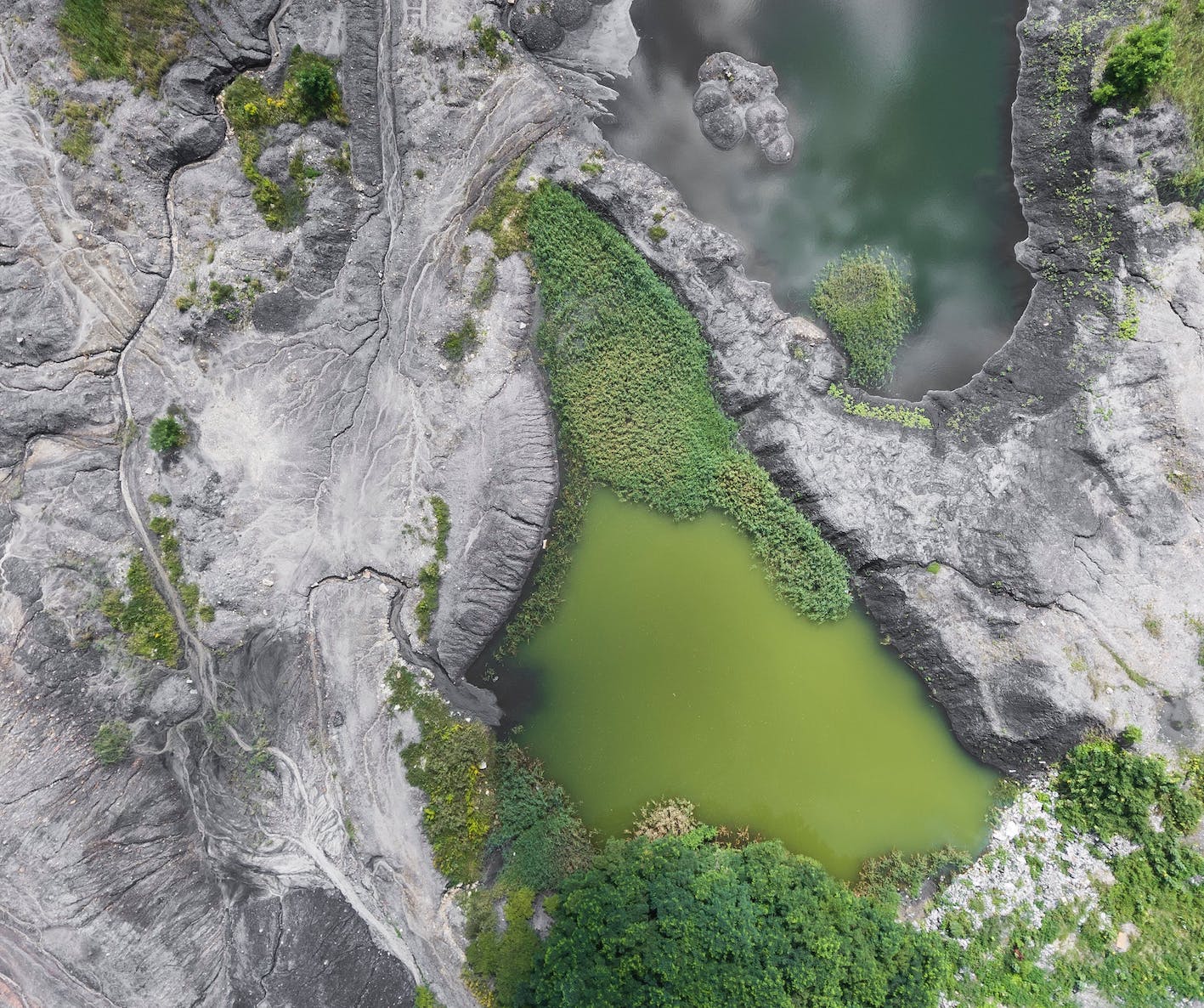Partner content
On the occasion of the annual student fashion show on April 13, we had the opportunity to interview Gabriela Alvarez, director of the Atelier Chardon Savard in Nantes. Coming from a rich background in communications, events, and educational management, she took the reins of this institution in 2018 after being captivated by the dynamism of the western city. In this interview, she takes us behind the scenes of the school’s unique approach to fashion, highlighting individual creativity, a holistic creative process, and a deep commitment to sustainable fashion. Discover how Atelier Chardon Savard sets itself apart from traditional institutions, prepares its students for a rich and varied career in fashion, and is actively involved in the ethical fashion movement.
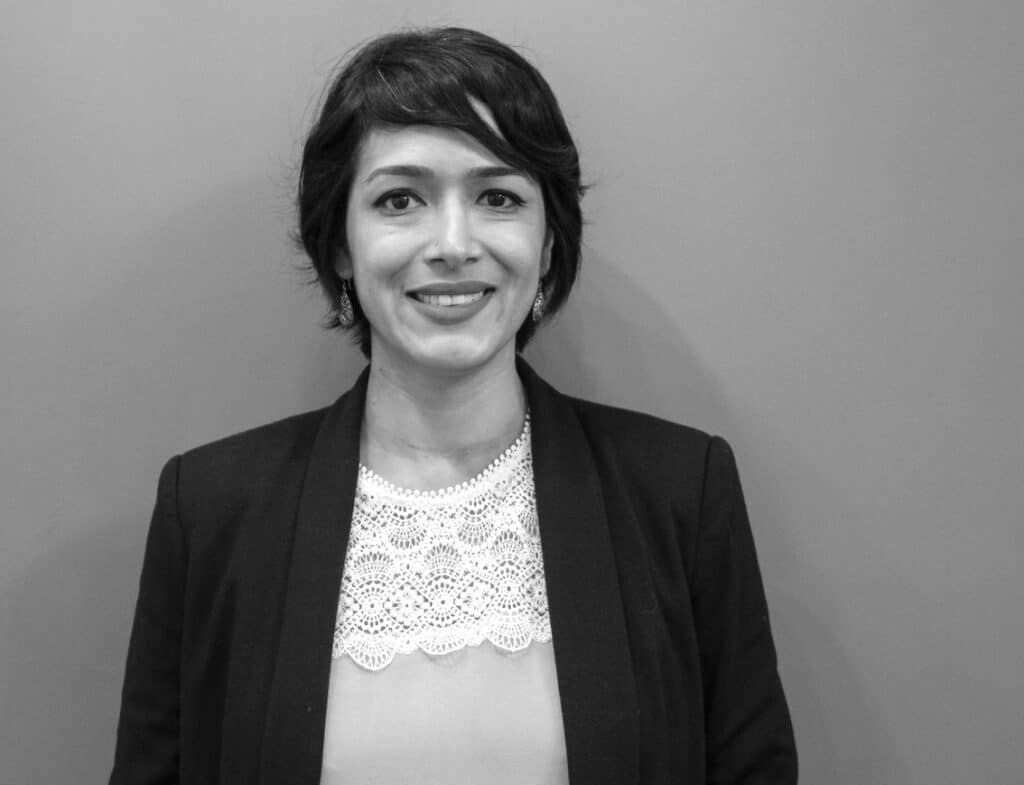
Hello Gabriela: What distinguishes Atelier Chardon Savard from other traditional fashion institutions?
Hello ! The three key points that define our school are our commitment to nurturing individual creativity of each student ; valuing teamwork through collections that prepare students for the realities of the professional world, and personalized support with hands-on sessions in small groups, promoting know-how-based learning.
Can you tell us about the Creative Process? From a holistic point of view, why is it so important to give free rein to your creativity?
Our teaching method is based on a set of principles geared towards the Creative Process. The ambition is to enable each learner to unleash andexploit his or her own creative potential, with creation as the ultimate goal. By adopting a holistic perspective, we recognize that the sources of creative inspiration vary from one individual to another. Encouraging self-knowledge, risk-taking without fear of failure and experimentation are the cornerstones of our teaching approach.
What role does ethical and eco-responsible fashion play in your business?
Education in ethical and sustainable fashion is an integral part of our teaching. From the beginning to the end of their academic career, from first to third year, our students are continually exposed to these principles through our teaching methods and professional collaborations. We integrate these key concepts into all our programs, adapting them specifically to the different projects involved.
What steps have been taken to achieve this?
Right from their first year, we introduce our students toupcycling, a fundamental concept for the creation of their first collections, encouraging them to reuse existing materials for new creations. At more advanced levels, we organize a workshop in Nantes to familiarize them with the use of low-carbon materials. https://www.laboitebienfaite.com/).
Diversified activities, such as visiting Le Relais, helping to sort clothes at Secours Populaire, or doing photo shoots with second-hand stores, enrich their experience. In addition, we establish numerous partnerships to recover unsold products, reducing the need to purchase expensive new raw materials.
Tell us about the end-of-year parade on April 13…
Instead of choosing a single theme, we let each collection tell its own story and express its own unique identity. This year, we presented eight distinct collections:
In the first year, HORKAGE criticizes fast-fashion, while META celebrates nature as a revolutionary force against patriarchy.
In the second year, ALKATYS is inspired by the extravagant shape of insects, while OSVETA explores themes of liberation and body acceptance.
In third year, SALES GOSSES reinvents the rebellion of 19th-century schoolchildren through clothing; 88 evokes the 80s, nature and the desire for a better future; ANNEX proposes avant-garde fashion inspired by the 90s. ELEGRIA seduces with its Italian influences and sensual shapes.
Each collection was accompanied by an art direction developed by the students, encompassing visual identity, sound and aesthetics, including make-up and hair, for a complete expression of their vision.
What career opportunities do you offer your students?
There are lots of them! Some will decide to become entrepreneurs and launch their own brand, while others will join haute couture or high-end fashion houses as stylists, collection managers, textile designers, etc. The possibilities are varied and specific to each course.
Do you have any new projects in ethical fashion?
As part of the development of our local network, we actively participate in events organized by SAMOA (the urban and creative factory on the Ile de Nantes), such as CHTIING on April 18. We’ll also be contributing to the responsible fashion projects planned by SAMOA for the new school year. Supported by the Galileo Global education group, we are constantly updating our teaching content to raise awareness among our learners.
Photos: Atelier Chardon Savard
